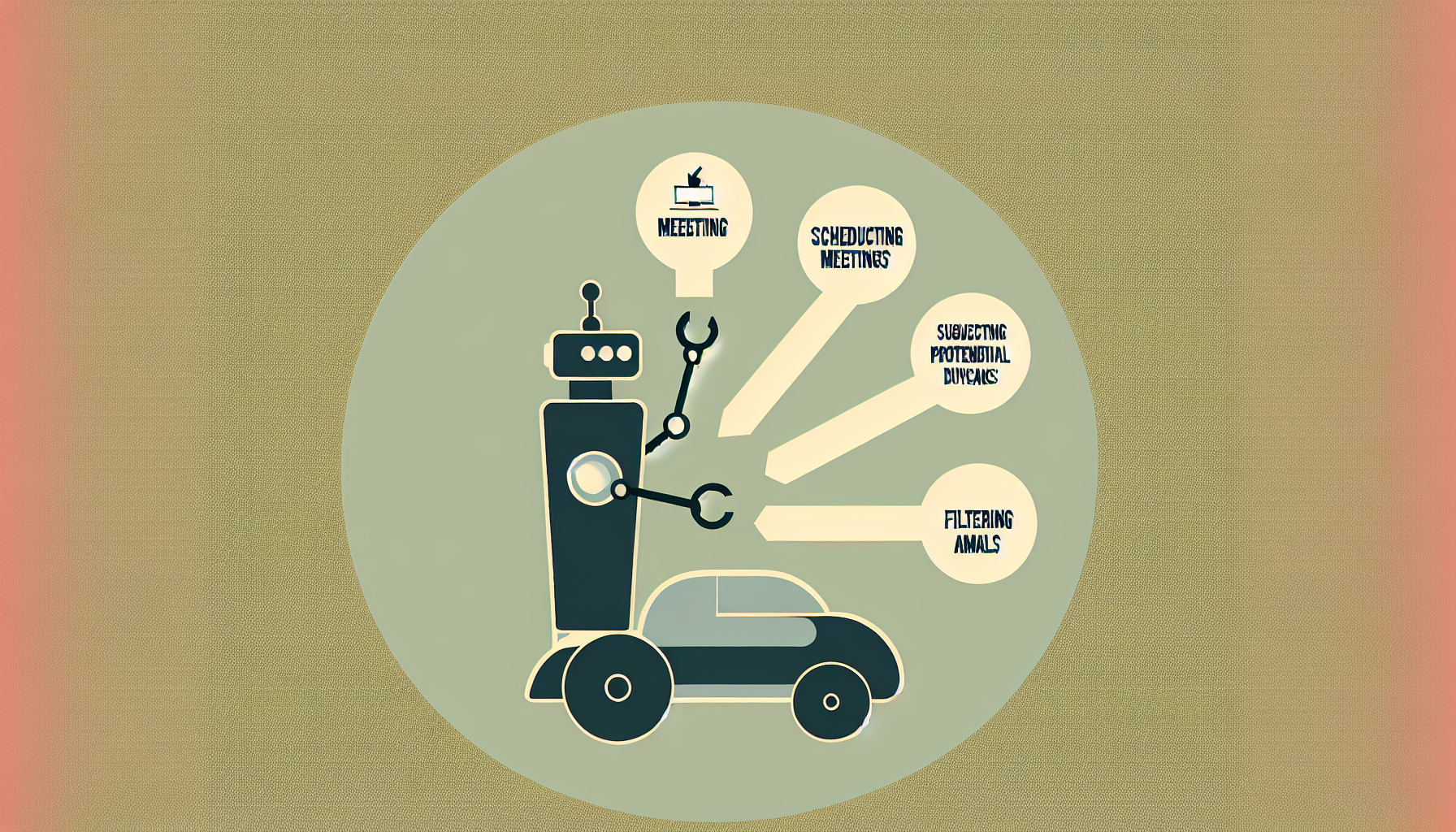Artificial Intelligence (AI) has come a long way from being just a figment of science fiction to becoming an integral part of our daily lives. It schedules our meetings, suggests potential purchases, filters our emails, and even drives our cars. Yet, as AI continues to evolve, it brings with it a plethora of ethical questions that we, as humans, cannot afford to ignore. One of the most critical aspects revolves around the ethical implications of AI decision-making.
Unpacking AI Decision-Making
First things first, let’s get to grips with what we mean by AI decision-making. Essentially, AI decision-making refers to the process where an AI system evaluates various options based on its programming and selects the course of action it deems most appropriate. While this may sound straightforward, it isn’t quite so simple. The reason? AI doesn’t “think” or “feel” the way humans do. It relies on algorithms—sets of rules or instructions—to make decisions. These algorithms can be as basic as “if X then Y” conditions or as complex as deep learning models that mimic neural networks in the human brain.
Whose Ethics Is It Anyway?
Here’s the catch: the ethical framework that guides these algorithms is determined by human programmers. In other words, AI inherits the morals, or lack thereof, of its creators. If the ethical considerations embedded in an AI system are flawed or biased, the decisions it makes will also be flawed or biased. When an AI system determines whether someone is eligible for a loan, should it base its decision solely on economic data, or should it also consider social equity?
The Bias Blindspot
It turns out that humans aren’t great at being unbiased, and this same flaw gets passed on to AI. Remember the old saying, “garbage in, garbage out”? That’s particularly relevant here. An AI system trained on biased data will inevitably make biased decisions. For example, if an AI is trained using historical hiring data that contains gender or racial biases, it might perpetuate these biases in its hiring recommendations. This has been seen in several real-world scenarios, like AI recommendation systems and predictive policing algorithms.
The Transparency Problem
Another ethical dilemma we face with AI decision-making is transparency. Often referred to as the “black box” problem, many AI systems—especially those involving deep learning—are so complex that even their creators don’t fully understand how they arrived at a particular decision. How, then, do we hold an AI accountable for its actions? And more importantly, how do we trust it? Imagine being denied a mortgage but never understanding why.
Autonomy and Human Oversight
Let’s not forget the role of human oversight. Should AI systems act autonomously or should there be a human in the loop to vet or override AI decisions? In many sectors, especially healthcare and criminal justice, the decisions can be life-changing. A misdiagnosis or wrongful conviction doesn’t simply get corrected by updating a line of code. Although AI can aid in making these decisions faster and potentially more accurately, the gravity of these decisions mandates a safety net—humans.
Consent and Privacy
Another compelling issue is consent and privacy. AI systems often need enormous amounts of data to work efficiently. This data usually comes from us—our online behaviors, our purchase history, our social media profiles. But how much of this data should we be willing to provide? Is it ethical for AI to use data about us without our explicit consent? And how do we ensure that this data is not misused or leaked?
Responsibility and Accountability
One of the thorniest issues is that of accountability. Who is responsible when an AI system makes a wrong or harmful decision? Is it the developer, the data scientist, the company that owns the AI, or the AI itself? Current legal frameworks are ill-equipped to handle such complexities. Without clear guidelines, we risk a scenario where blame is deflected, and justice is never served.
Making Ethical AI a Priority
So, how do we make AI ethically responsible? Well, Rome wasn’t built in a day, and creating ethical AI won’t be either. It starts with awareness and education. Both developers and users need to be educated about the ethical implications of AI. Companies need to invest in ethical AI research and prioritize transparency and fairness. Regulatory bodies must establish robust guidelines to govern AI development and deployment.
The Way Forward
In conclusion, while AI holds immense potential to revolutionize our world, it also poses significant ethical challenges. Addressing these requires a multi-faceted approach involving technologists, ethicists, policymakers, and the public. Think of it like raising a child: it takes a village. In the case of AI, our ‘village’ must ensure that these systems evolve in a manner that is not just intelligent, but also fair, transparent, and just. After all, the ultimate measure of our technological advancement will be how well it serves humanity.
And with that, let’s hope our future robotic overlords don’t read too much into our collective ethical dilemmas.

Leave a Reply